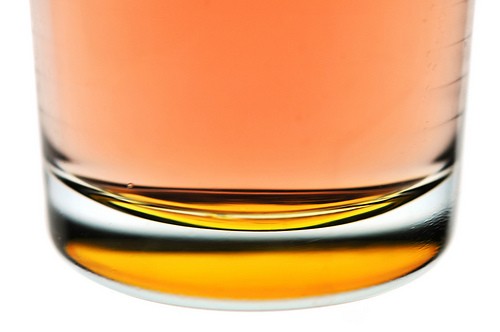Scientists Understand College Drinking Better, But College Drinking Fatalities Continue to Rise
Despite research over the past number of years that has produced a greater understanding of the kinds of interventions that reduce excessive drinking on college campuses, the fatality and binge drinking rates continue to rise.
There’s some good news and a lot of bad news.
Researchers have been working hard over the past few years, trying to learn more about the types of interventions that work on college campuses to reduce the rates of binge drinking and the injuries and deaths associated with excessive alcohol consumption.
In the last few years, the National Institute on Alcohol Abuse and Alcoholism (NIAAA) has funded a number of studies that evaluated the efficacy and worth of college drinking intervention programs – and the results show that several types of interventions do work to reduce excessive drinking.
Unfortunately, during this period, although scientists have gained a better understanding of what works to reduce alcohol related tragedies on American college campuses, the numbers of alcohol related tragedies have continued to increase.
- In 1998, alcohol resulted in the accidental deaths of 1440 American college students, 42% of college students admitted to recent binge drinking and 26.5% admitted to driving under the influence during that past year.
- In 2005, alcohol resulted in the accidental deaths of 1825 American college students, 45% percent of students admitted to binge drinking and 29% of students admitted to driving while under the influence during that past year.
Ralph Hingson, Sc.D. M.P.H, the NIAAA’s director of research for epidemiology and prevention called the increases “very concerning” and spoke of the irony of increased drinking on campuses coming at the same time as increased knowledge about what works to reduce this level of dangerous drinking.
The NIAAA has, over the past number of years, funded studies evaluating the efficacy of alcohol reduction interventions on 15 college campuses with serious alcohol problems. Some of the interventions found to reduce alcohol consumption include:
- Assigning students sanctioned for alcohol or drug use to a counselor for several sessions of therapy.
- Increasing police patrols in problem student neighborhoods
- Public relations efforts to make students feel more involved in the communities in which they temporarily reside
William DeJong, a social and behavioral sciences professor at the Boston University School of Public Health, worked with the NIAAA to summarize college drinking research findings. DeJong says that no single intervention is likely to offer a “magic bullet solution” and that, “You really need a full complement of efforts at all of these levels. This is not just a student problem or a college problem; it's a community problem."
Hingson agrees, saying “the more levels at which we try to intervene, the more effective we'll be. Colleges and communities need to work together, because neither can do it alone."
The original research summaries can be found at the Journal of Studies on Alcohol and Drugs:http://www.jsad.com/jsad/article/Magnitude_of_and_Trends_in_AlcoholRelated_Mortality_and_Morbidity_Among_U/4354.html and http://www.jsad.com/jsad/article/Evaluating_a_Comprehensive_CampusCommunity_Prevention_Intervention_to_Redu/4355.html


